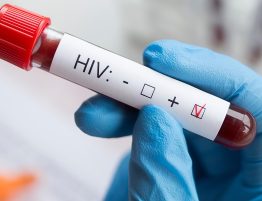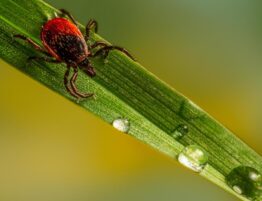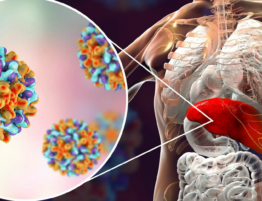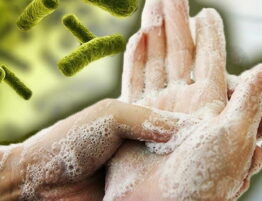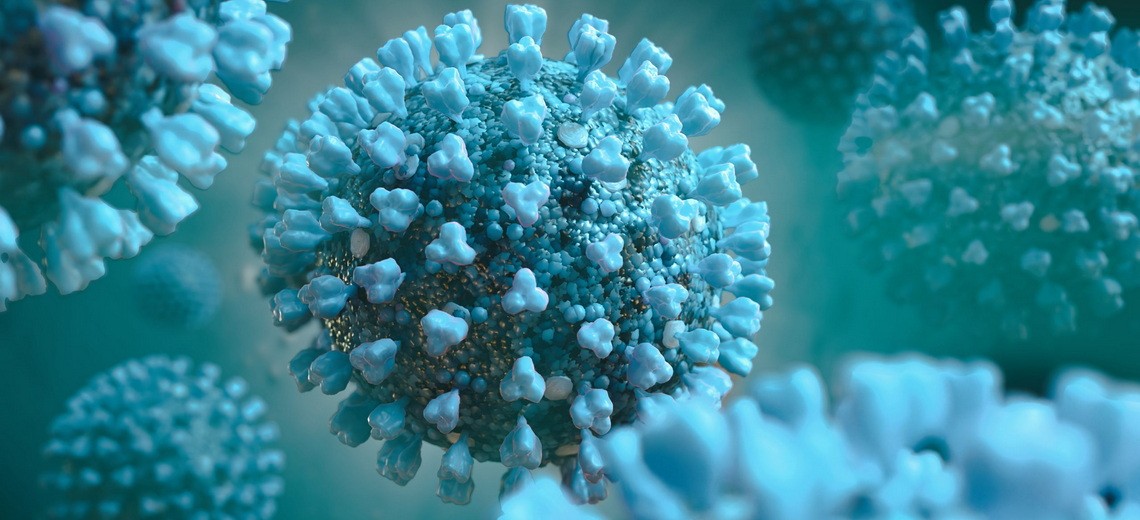
Coronavirus infection
Coronavirus infection is an acute disease caused by viruses of the Coronavirus genus, primarily affecting the upper respiratory tract.
The reservoir and source of infection is a sick person. The period of contagiousness of the patient is indefinitely long. The natural susceptibility of people is high; all age groups of the population are sensitive to the pathogen.
Clinically, the disease manifests itself as severe respiratory syndrome (SARS) with renal failure. There have been cases of limited transmission of the virus in family units when caring for a sick person, while staying in the same room in a hospital, and therefore WHO does not exclude the possibility of transmission of the new coronavirus through close contact from person to person.
Preventive measures:
In order to prevent coronavirus infection, citizens are strongly advised to refrain from traveling to the countries of the Middle East (Saudi Arabia, Qatar, UAE) and South Korea unless absolutely necessary.
When traveling to these countries, if necessary, it is recommended to use protective masks and refrain from visiting crowded places and contacting sick people with high temperatures.
To prevent infection, general hygiene measures should be observed: avoid contact with sick animals, wash your hands regularly before and after touching animals, do not drink raw camel milk, and do not eat meat that has not been properly cooked.
To prevent the disease, regular ventilation of premises, wet cleaning, and adherence to personal hygiene rules are recommended.
If you experience symptoms of respiratory illness, wear a mask and seek immediate medical attention. If you develop a fever or flu-like symptoms upon returning from a trip, you should promptly consult a doctor, providing information about the countries visited and length of stay.


